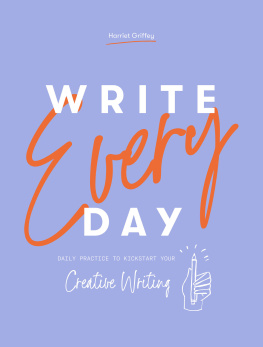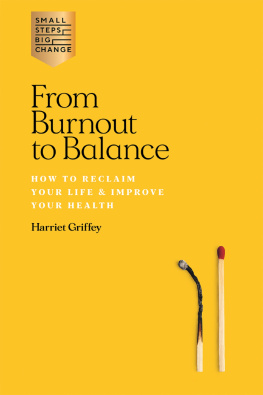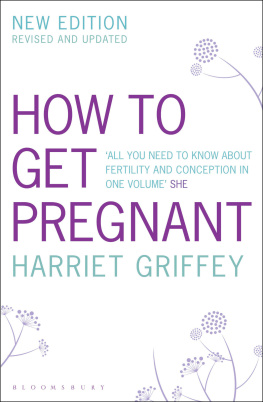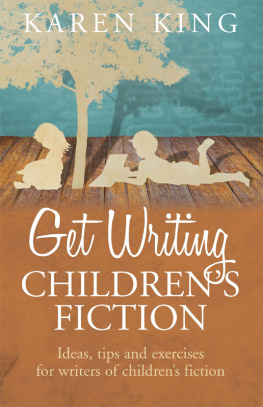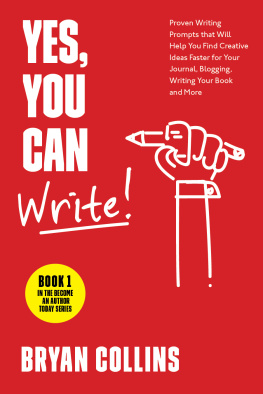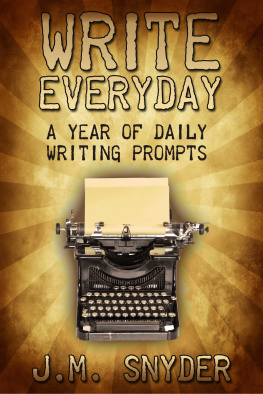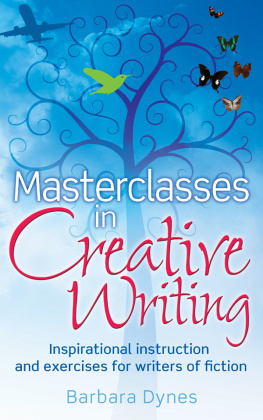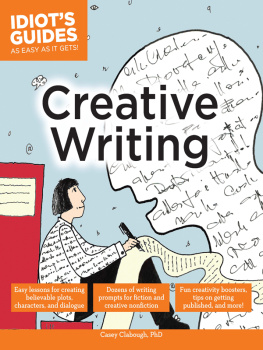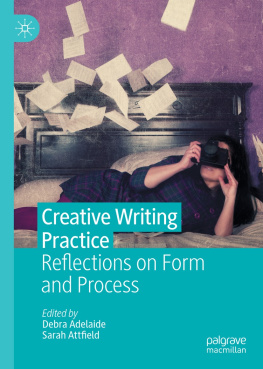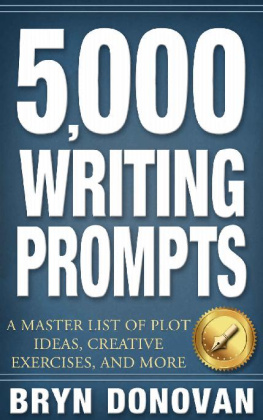Harriet Griffey - Write Every Day: Daily Practice to Kickstart Your Creative Writing
Here you can read online Harriet Griffey - Write Every Day: Daily Practice to Kickstart Your Creative Writing full text of the book (entire story) in english for free. Download pdf and epub, get meaning, cover and reviews about this ebook. year: 2020, publisher: Hardie Grant London, genre: Art. Description of the work, (preface) as well as reviews are available. Best literature library LitArk.com created for fans of good reading and offers a wide selection of genres:
Romance novel
Science fiction
Adventure
Detective
Science
History
Home and family
Prose
Art
Politics
Computer
Non-fiction
Religion
Business
Children
Humor
Choose a favorite category and find really read worthwhile books. Enjoy immersion in the world of imagination, feel the emotions of the characters or learn something new for yourself, make an fascinating discovery.
- Book:Write Every Day: Daily Practice to Kickstart Your Creative Writing
- Author:
- Publisher:Hardie Grant London
- Genre:
- Year:2020
- Rating:3 / 5
- Favourites:Add to favourites
- Your mark:
Write Every Day: Daily Practice to Kickstart Your Creative Writing: summary, description and annotation
We offer to read an annotation, description, summary or preface (depends on what the author of the book "Write Every Day: Daily Practice to Kickstart Your Creative Writing" wrote himself). If you haven't found the necessary information about the book — write in the comments, we will try to find it.
And what is this writing, anyway, as a human activity or as a vocation, or as a profession, or as a hack job, or perhaps even as an art, and why do so many people feel compelled to do it? - from On Writers and Writing, by Margaret Atwood
Writing for yourself is a wonderful way to explore personal creativity and whatever you want to write, a daily practice will enhance your skill and confidence.
Write Every Day is a brilliantly accessible book that demystifies the process and will help you see new ways to put pen to paper and discover your own unique writing style. Divided into 12 sections that range across voice, narrative, plot, structure, point of view, characterisation, dialogue, fiction, non-fiction, poetry, prose and memoir, Harriet Griffey shows you how to let go of any inhibitions, overcome writers block and expand your writing potential.
Featuring creative writing tasks to develop ideas and skills, quick and simple word play tasks, as well as practical exercises, journal reminders and other writers tips and inspiring quotes, Write Every Day is an exciting way to unleash your inner wordsmith, kick-start your imagination and get you writing.
Harriet Griffey: author's other books
Who wrote Write Every Day: Daily Practice to Kickstart Your Creative Writing? Find out the surname, the name of the author of the book and a list of all author's works by series.

